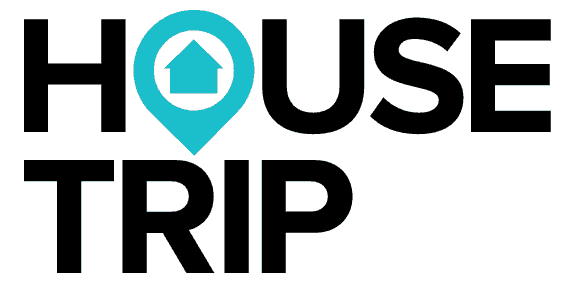Gone are the days when your parents used to warn you about “strangers you meet on the internet”. Who would ever have thought that these “strangers” your parents warned you about that could hurt you or invade your privacy/life would actually be beneficial to you? This is the case of today’s Sharing Economy.
Sharing Economy is the term hailed by the government for creating “micro-entrepreneurs” and by economists for putting “excess capacity” to use. With the many businesses online that operate with this model, you can find someone willing to rent you a room in their house, their car, their desk, their toys, their power tools. You can even find people to do your chores, walk your dog, deliver your dinner, assemble your furniture, lend you clothes, and anything else you want to have done. These types of businesses work on a mutually beneficial relationship over a short period of time. These businesses operate on a great trust between the host and the customer. It is why it is still considered a hippie movement by some, and even a yuppie San Francisco trend by others. But these businesses are thriving at the moment.
They’re booming in this industry thanks to technology. These sharing economy entrepreneurs work in large part with technology. Without a physical store/office, it is the main way to reach out to people who would want to avail of their services. Websites complemented by mobile app counterparts are what assures their survival and the continuous influx of customers and income. It is the digital equivalent of posting up an ad on any announcement board—but with a higher reach as you can reach the entire world. More than just websites and apps, social media also plays a big part in this economy. Before Facebook, people weren’t really into sharing.
But now, it’s so easy to find someone who can supply your needs in exchange for money or an equal favour. On any platform, having hosts be connected to their Facebook account would give them more credibility and more trust from its users. An example of this would be HouseTrip. On HouseTrip, you can rent houses from different parts of the world that you plan to vacation in. It’s more convenient and affordable compared to renting out a hotel room that is smaller and pricier. HouseTrip boasts of a 95% guest satisfaction rate, a service that allows you to enjoy the space of a whole home while saving on average 50% vs. a hotel room, and booking with a peace of mind as their listings are expert vetted properties with 24/7 customer service.
When hosts connect their accounts to Facebook, it sets the client’s minds at ease, knowing that these are real people with real lives who have nothing to hide. In this business model, considering that majority of its operations are done online, entrepreneurs have to make sure they set up a secure platform for financial transactions. But despite this very vital part in any sharing economy business, it is actually creating a trusting community, done with a huge help from technology and social media, that’s just as important to attracting new users and retaining old ones.

